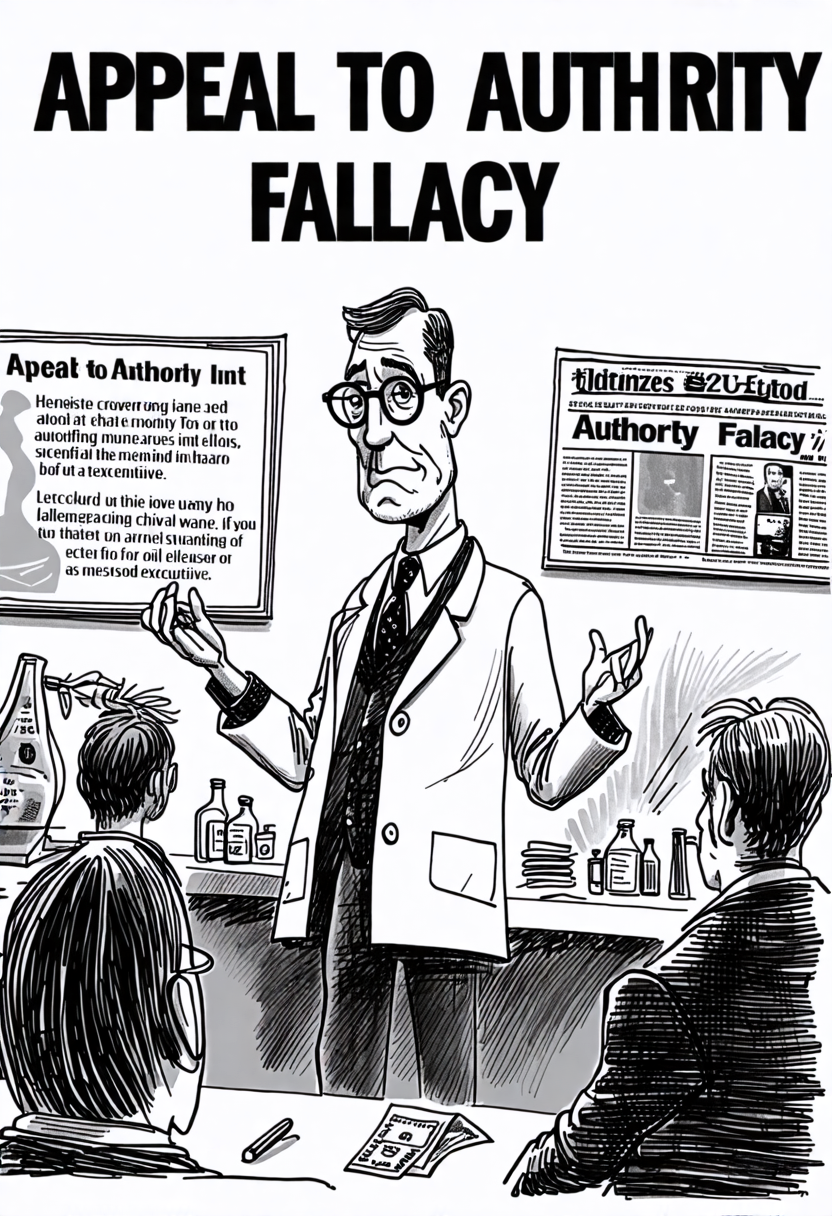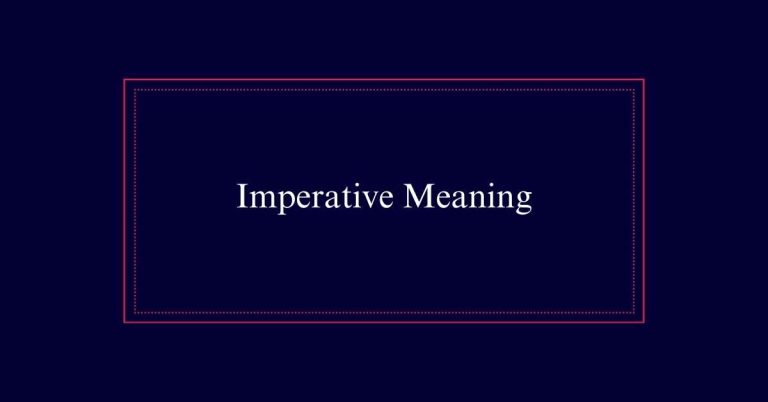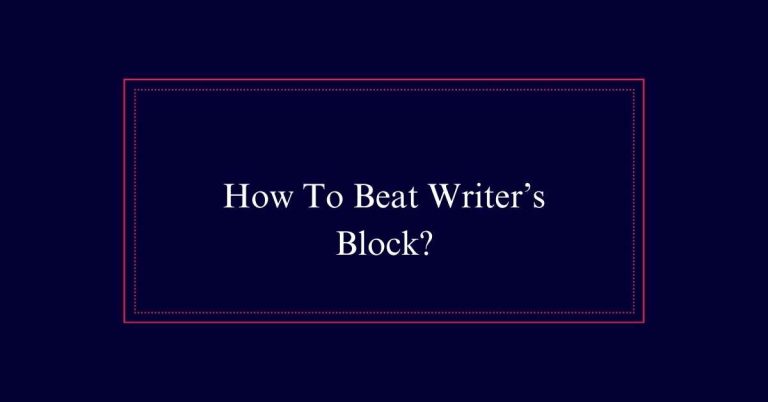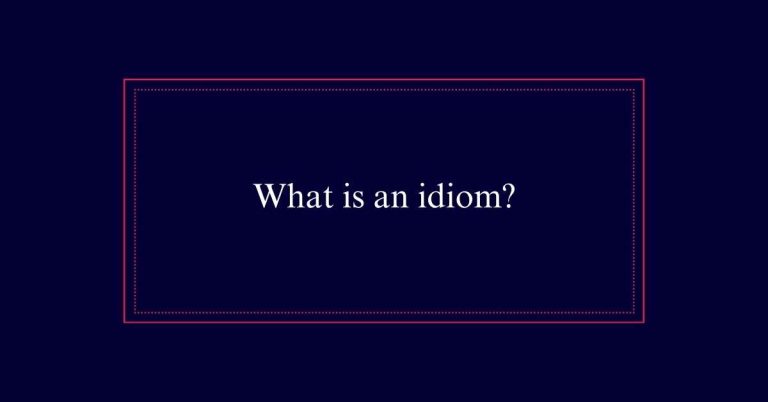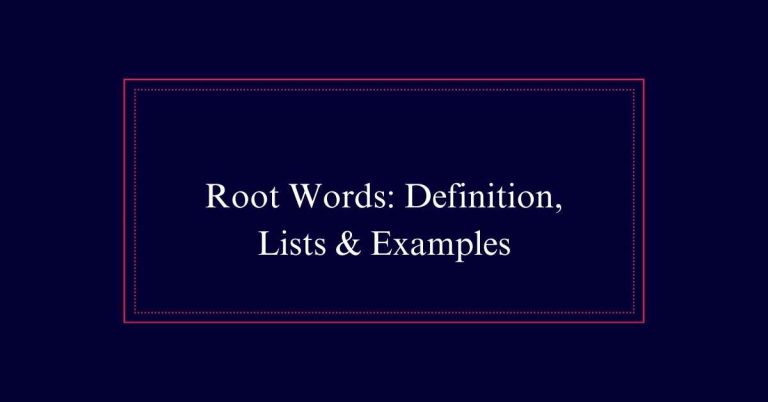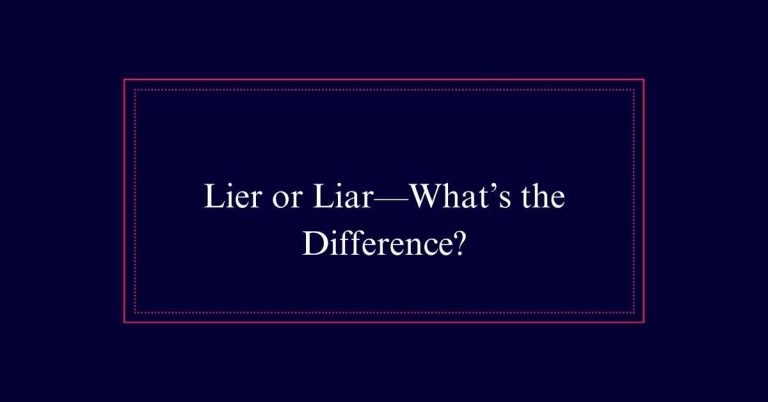Appeal to Authority Fallacy
An appeal to authority fallacy happens when a claim is accepted as true simply because an authority figure asserts it, without supporting evidence. This logical error often prioritizes the opinion of an authority over factual proof. Key types include false authority, where claims come from someone lacking expertise, and anonymous authority, involving unnamed sources.
Definition of Appeal to Authority
The appeal to authority fallacy occurs when someone argues that a statement is true simply because an authority figure asserts it is true. This logical fallacy assumes that the credibility of the authority figure guarantees the truth of the statement, irrespective of supporting evidence.
Authority figures can range from instructors and politicians to authors and experienced individuals. The core issue lies in relying on the authority’s status rather than evaluating the actual merit of the argument or evidence presented.
For example, stating that a claim is valid simply because a renowned professor or a famous scientist believes it, without scrutinizing the underlying facts, constitutes an appeal to authority fallacy.
Key Characteristics
What are the key characteristics that define an appeal to authority fallacy? This fallacy occurs when an argument relies on the opinion of an authority figure instead of evidence. The primary characteristics include:
- Reliance on Authority: The argument is based on the expertise of a person rather than empirical data.
- Irrelevant Expertise: The authority cited may not have relevant knowledge in the specific field.
- Absence of Evidence: The claim is supported by the authority’s status, not by factual proof.
Here’s a table summarizing these characteristics:
| Characteristic | Description |
|---|---|
| Reliance on Authority | Argument hinges on authority’s opinion rather than evidence. |
| Irrelevant Expertise | Authority lacks relevant expertise in the specific subject. |
| Absence of Evidence | No factual proof, only the authority’s status supports the claim. |
Types of Appeal to Authority
Understanding the various types of appeal to authority fallacies can help identify and avoid them in arguments.
These fallacies include appeal to false authority, where a claim is attributed to an unqualified individual. For example, citing a celebrity’s opinion on medical issues.
Appeal to anonymous authority involves referencing unnamed or vague sources, such as saying ‘experts believe’ without specifying who.
Lastly, legitimate appeals to authority involve relying on qualified experts whose knowledge directly pertains to the subject at hand.
False Authority
Relying on false authority occurs when a claim is supported by someone lacking relevant expertise. This fallacy misleads by suggesting that an individual’s credentials in one field automatically grant credibility in another, unrelated area.
For example, a famous actor endorsing a medical treatment does not make the treatment valid, as their expertise lies in acting, not medicine. This type of fallacy can be persuasive because people often trust authoritative figures without questioning their actual qualifications.
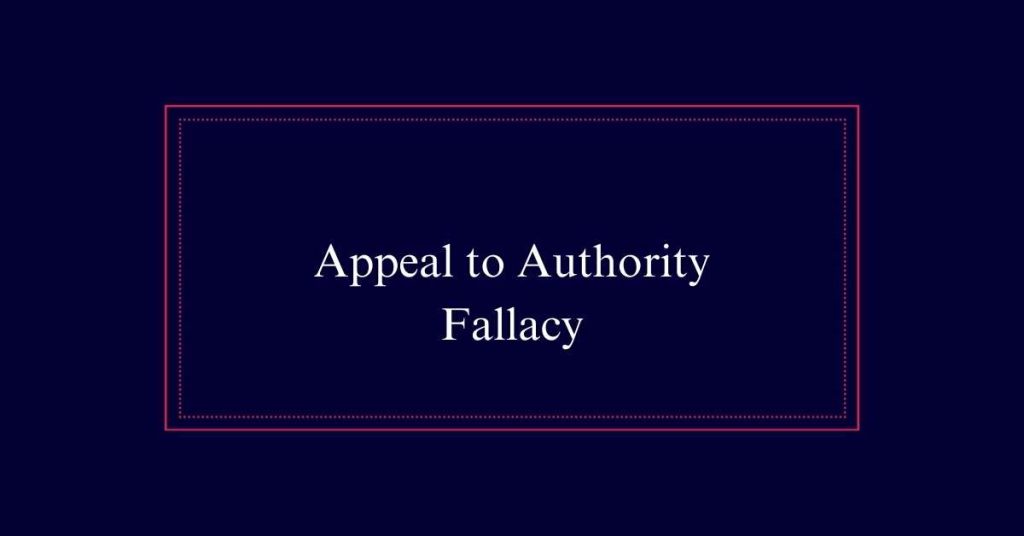
Anonymous Authority
An appeal to anonymous authority occurs when a claim is supported by attributing it to an unnamed or vague group of experts, rather than specific, identifiable individuals. This type of fallacy undermines credibility because the authority cannot be verified.
Statements like ‘scientists say’ or ‘experts agree’ without naming sources fall into this category. Such vague references fail to provide the reader with a way to assess the expertise and reliability of the supposed authorities.
It is crucial to specify who the experts are and their qualifications to guarantee the claim’s validity. Without this, the argument rests on an uncertain foundation, making it difficult to trust and evaluate the information being presented.
Legitimate Authority
A legitimate appeal to authority occurs when the authority cited is a recognized expert in the relevant field and their expertise directly pertains to the subject matter under discussion. This guarantees that the information is credible and applicable. For instance, citing a renowned cardiologist on heart health is appropriate. However, it’s crucial to verify the expert’s credentials and relevance to the topic.
| Criteria | Legitimate Authority |
|---|---|
| Expertise | Recognized expert in the relevant field |
| Relevance | Directly pertains to the subject matter |
| Verification | Credentials and relevance are verifiable |
Recognizing Fallacies
Identifying logical fallacies is essential for evaluating the validity of arguments and ensuring sound reasoning. Recognizing an appeal to authority fallacy involves scrutinizing the source of the claim. Ask whether the authority cited is genuinely qualified in the relevant field.
For example, a physicist’s opinion on biology may not be authoritative. Also, beware of vague references to unnamed experts; these can signal an appeal to anonymous authority. Look for specific, credible sources that directly support the claim.
An argument should stand on evidence and logic rather than the mere prestige of the person making it. By being vigilant, you can differentiate between legitimate appeals and fallacious reasoning.
Avoiding Common Pitfalls
To avoid common pitfalls in reasoning, it is crucial to critically evaluate the qualifications and relevance of any authority cited. This guarantees that the information is credible and applicable to the topic at hand.
Here are some key points to keep in mind:
- Verify Credentials: Confirm that the authority has the proper qualifications and expertise in the relevant field.
- Assess Relevance: Ensure that the authority’s statement directly relates to the subject under discussion.
- Cross-Check: Compare the authority’s claims with other credible sources to confirm accuracy.
- Avoid Name-Dropping: Focus on the evidence and data provided, not just the authority’s reputation.
Real-World Examples
Real-world examples of the appeal to authority fallacy can help illustrate how it manifests in everyday situations and decision-making processes.
Consider a celebrity endorsing a medical product. The endorsement may sway public opinion, even though the celebrity lacks medical expertise.
Another example is a political leader citing an unrelated expert to support a policy. The expert’s authority in their field does not validate their stance on the policy.
In academic settings, students may accept a professor’s opinion on a topic outside their expertise.
Common Questions
Common questions about the appeal to authority fallacy often revolve around understanding its definition, recognizing instances of its use, and distinguishing between legitimate and fallacious appeals. People seek clarity on how to identify when an authority’s claim is being misused.
They also want to know how to differentiate credible sources from those that are unqualified. Additionally, questions arise about the proper context for relying on authoritative statements.
- What is the appeal to authority fallacy? It’s a fallacy where a claim is deemed true because an authority figure asserts it.
- How can one recognize it? Look for statements that rely solely on the authority’s status rather than evidence.
- What is a false authority? An unqualified person making authoritative claims.
- When is it legitimate? When the authority is qualified and relevant to the topic.
